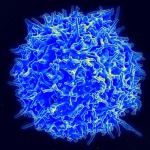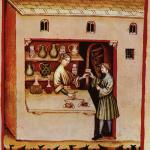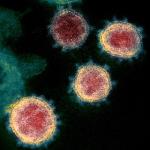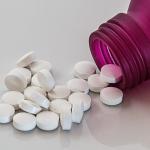In March 2020, the iconoclastic French microbiologist Didier Raoult announced that the anti-malaria drug hydroxychloroquine had cured all 36 COVID-19 patients enrolled in his clinical trial.
hydroxychloroquine
This will mark the fourth article in a little over a week on ivermectin on our website, and we are not alone.
Point: Meta-analysis of randomized controlled trials shows it does work when given early.
Dr. Nigel Bark, Chairman American Council on Science and Health
I collect science textbooks. Some of the best ones I have on my shelf are Janeway's Immunobiology, Lehninger Principles of Biochemistry, Casarett & Doull's Toxicology, and Sherris Medical Microbiology.
In any normal year, an academic debate about the efficacy of a certain drug to treat an infection would never garner media attention. But this isn't a normal year.
By William Petri, University of Virginia
I’ve written on the Lancet’s publication, and subsequent retraction of a paper on COVID-19 and hydroxychloroquine and I was hoping this article about the Lancet’s editor might include an explanation and apology. I was mistaken.
As a vascular surgeon, I am well acquainted with what we call “gait disturbances,” an abnormal walk.
The FDA just revoked the emergency authorization of chloroquine and hydroxychloroquine (HCQ) - two malaria drugs that were supposed to help control coronavirus infection. But they were strong on hype and weak on results.












